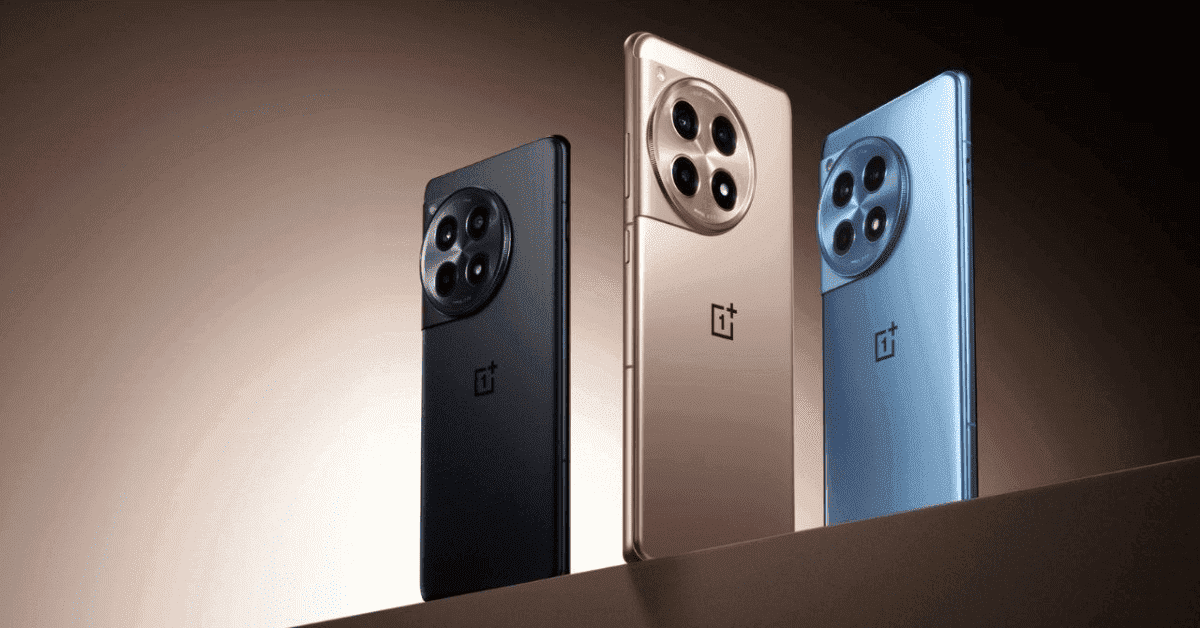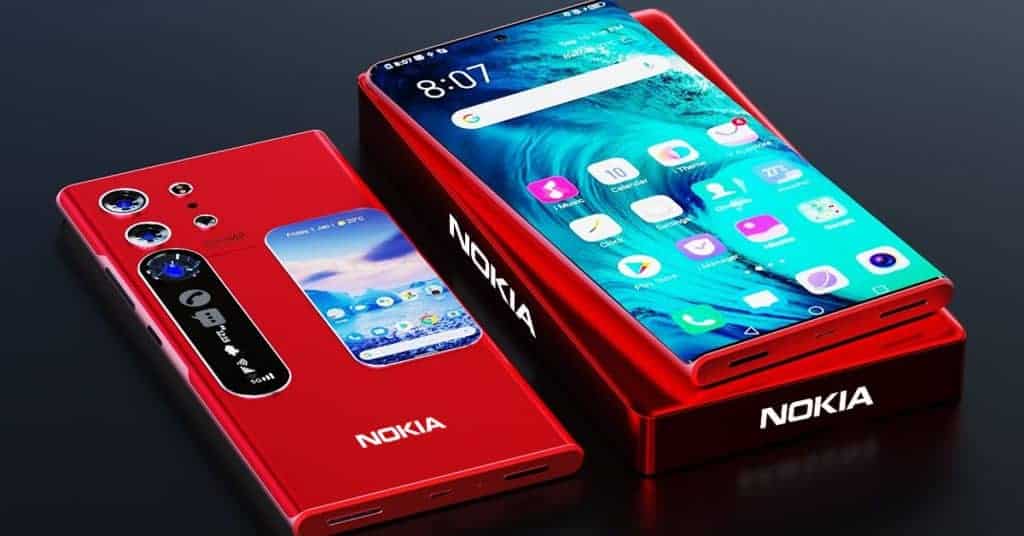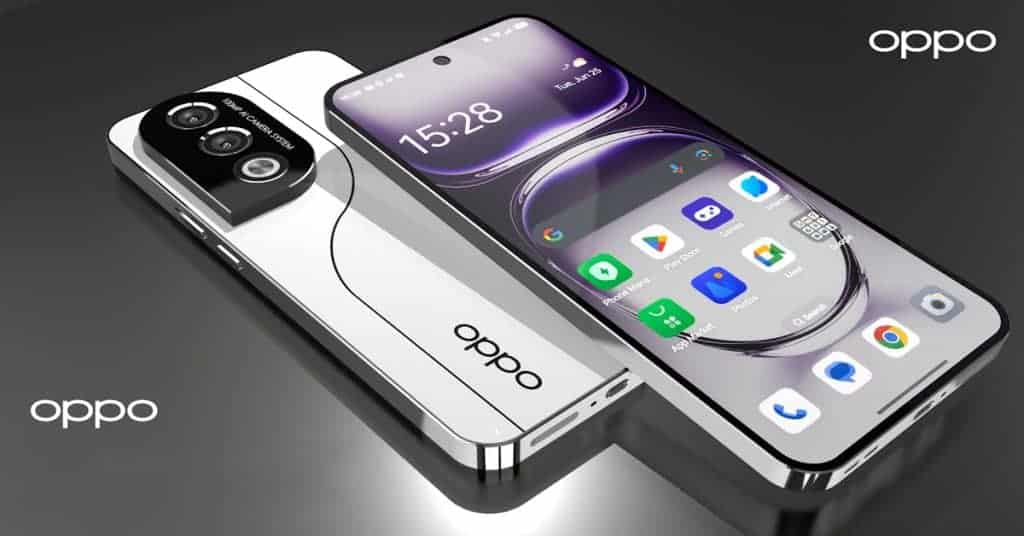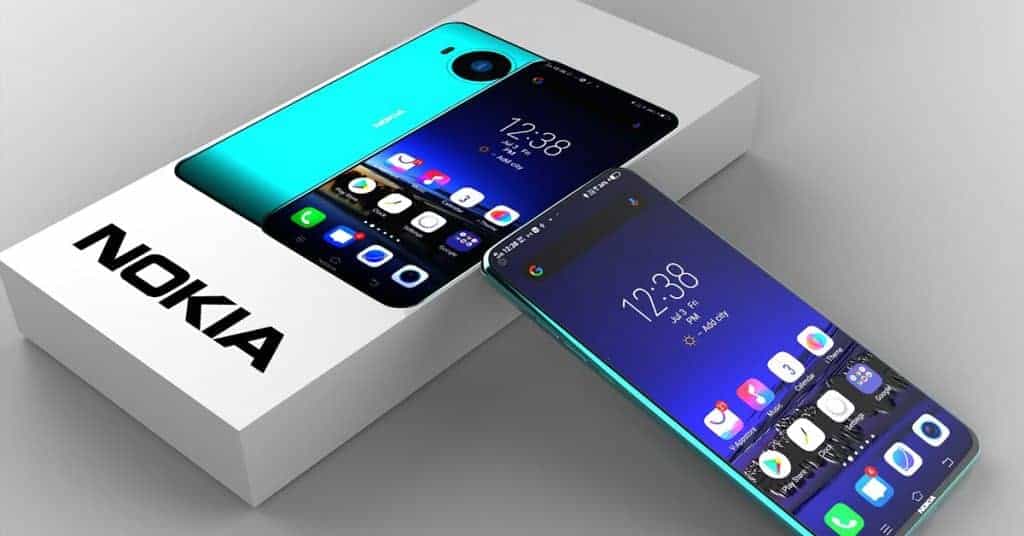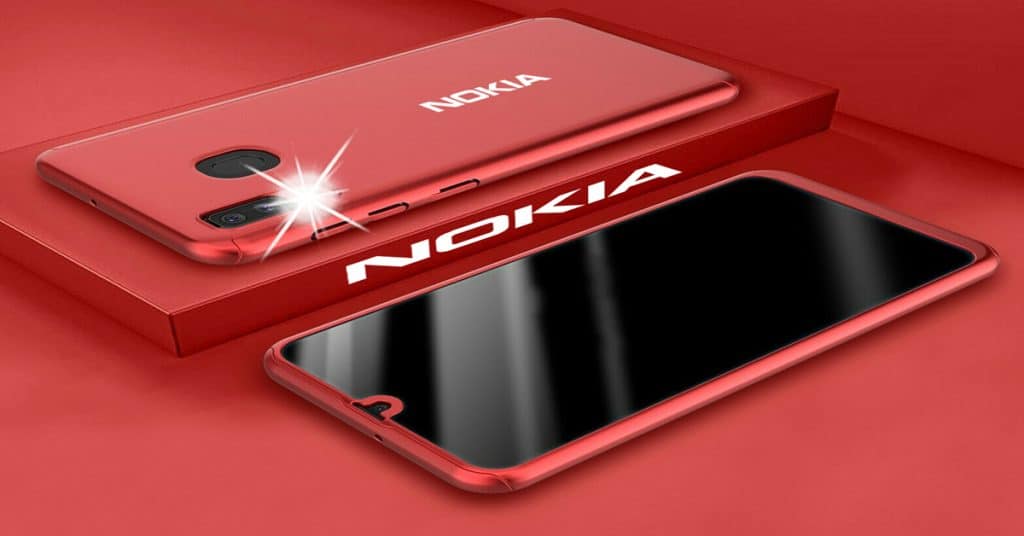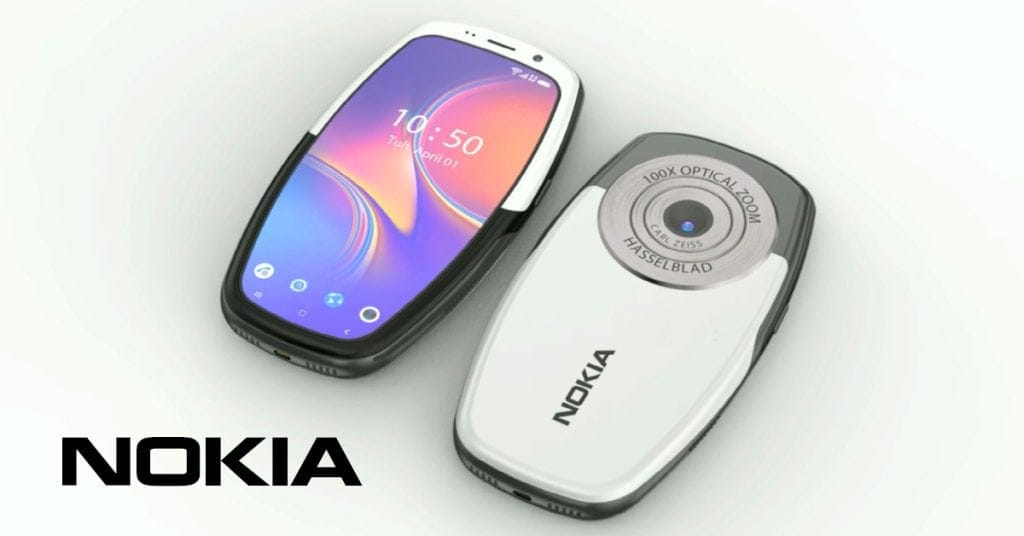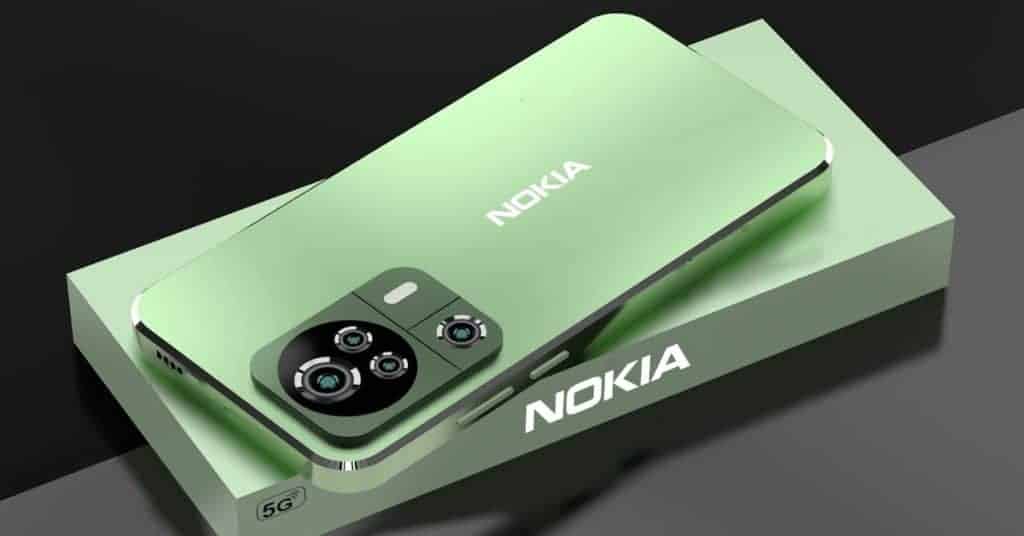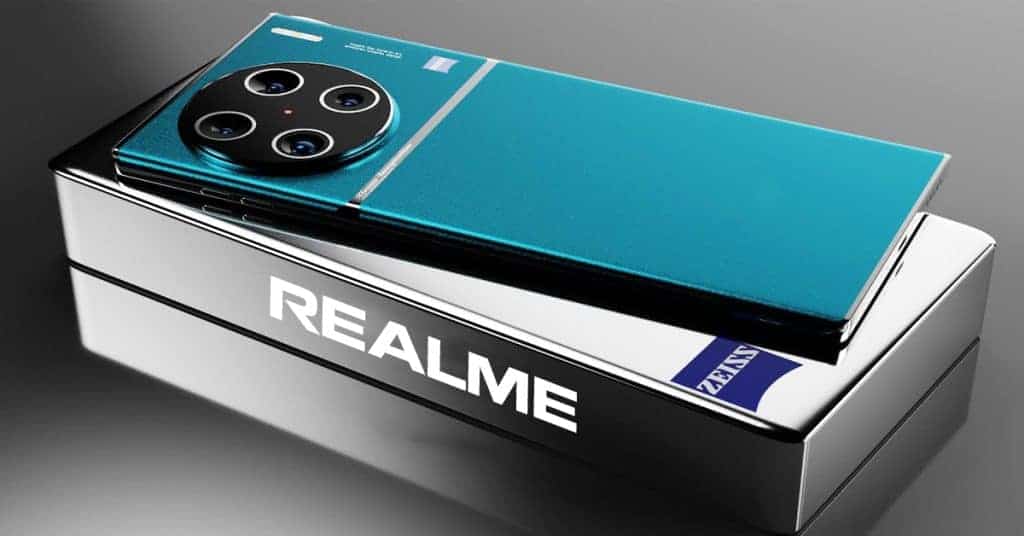Best camera phones under Rs 50,000 in June 2024: 12GB RAM, 50MP Cameras!
Check out our list of best camera phones under Rs 50,000 in June 2024, featuring 12GB and 50MP cameras. Explore further insights into these cutting-edge smartphones now!
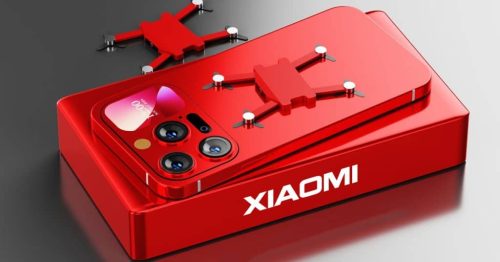
1. Xiaomi 14 Civi
Let’s start our list today with the Chinese brand’s smartphone – Xiaomi 14 Civi. The Samsung phone has a long-lasting battery and advanced camera technology. How about the battery department? In detail, the Xiaomi 14 Civi specs pack a 6.55-inch AMOLED with a 1236 x 2750 pixels resolution and a 120Hz refresh rate. Under the hood, the Xiaomi device drives the Qualcomm SM8635 Snapdragon 8s Gen 3 chipset.
Furthermore, the Xiaomi phone arrives in two storage variants: 256GB/ 8GB RAM and 512GB/ 12GB RAM (no card slot). Imaging-wise, the Xiaomi 14 Civi camera boasts triple 50MP + 50MP + 12MP rear lenses and a dual 32MP + 32MP front-facing shooter. Besides, the Xiaomi phone juice box has a 4700mAh capacity. Besides, the Xiaomi handset runs on Android 14 with HyperOS. Lastly, the Xiaomi 14 Civi price starts at around $514 ~ Rs. 42,918.
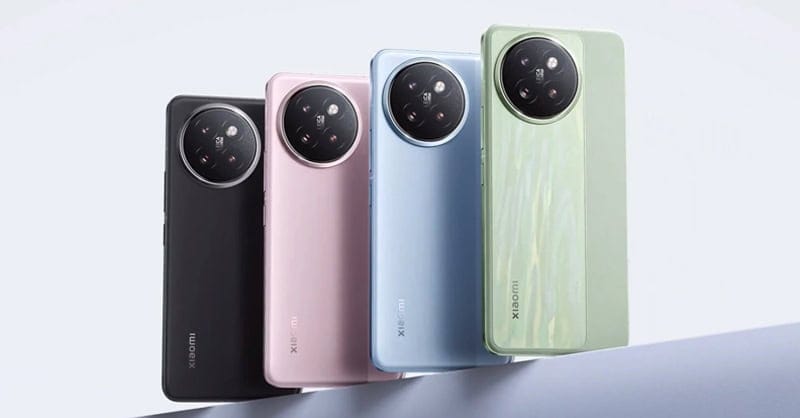
2. Google Pixel 7
Let’s discuss the next handset today! In detail, Google Pixel 7 specs offer a 6.3-inch AMOLED with a 1080 x 2400 pixels resolution. The Google Pixel 7 receives power from the Google Tensor G2 chipset. Moreover, the Google device boots to Android 13. How about the storage department? The Google beast comes with 128GB/ 8GB RAM and 256GB/ 8GB RAM of onboard memory. Concerning the optics system, the Google Pixel 7 cameras consist of 50MP + 12MP lenses on the back and have a 10.8MP selfie shooter. The Google machine has a 4355mAh battery cell. As for the cost, the Google Pixel 7 price begins at $459 ~ Rs. 37,918.
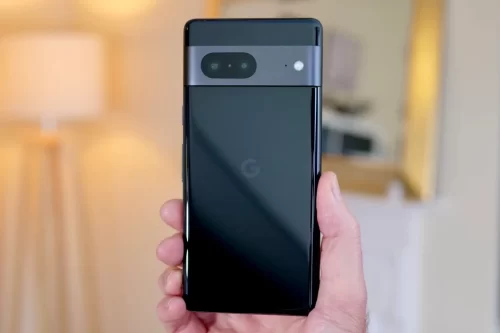
3. Vivo V30 Pro
Come to the display! Vivo V30 Pro specs pack a 6.78-inch AMOLED with a 1260 x 2800 pixels resolution. Under the hood, the Vivo handset drives the Mediatek Dimensity 8200 chipset, paired 256GB/ 8GB RAM, 256GB/ 12GB RAM, and 512GB/ 12GB RAM (no card slot). Imaging-wise, the Vivo V30 Pro camera boasts triple 50MP + 50MP + 50MP rear lenses and a 50MP front-facing snapper. Besides, the Vivo handset juice box has a 4500mAh capacity. Moreover, the Vivo device runs on Android 14. For a cost, the Vivo V30 Pro price begins at $479 ~ Rs. 49,999.

4. Nothing Phone (2)
Concerning the display, the Nothing Phone (2) specs flaunt a 6.7-inch LTPO OLED with a 1080 x 2412 pixels resolution. Under the hood, the Nothing Phone 2 handset uses the Qualcomm Snapdragon 8+ Gen 1 chipset and runs on Android 13. For the memory section, the Nothing Phone 2 machine comes with 128GB/ 8GB RAM, 256GB/ 12GB RAM, and 512GB/ 12GB RAM (no card slot). Imaging-wise, the Nothing Phone 2 camera equips a dual 50MP primary lens + 50MP ultrawide shooter on the back. Meanwhile, the front camera has a 32MP lens for selfies. Moreover, the Nothing Phone 2 flagship carries a 4700mAh juice box. Finally, the Nothing Phone 2 price falls around $515 ~ Rs. 42,843.
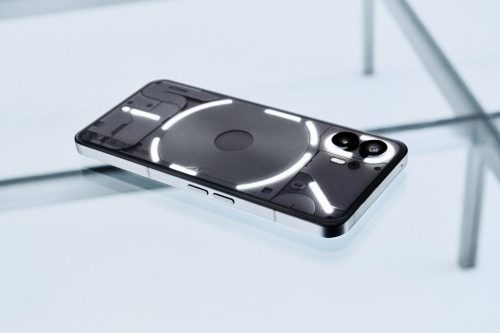
5. Motorola Edge 50 Pro
Concerning the next handset of the best camera phones under Rs 50,000 in June 2024, Motorola Edge 50 Pro specs come with a 6.7-inch OLED with a 1220 x 2712 pixels resolution. Under the hood, the Motorola handset draws power from the Qualcomm Snapdragon 7 Gen 3 chipset and runs Android 14 as the operating system. Besides, concerning the memory system, the Motorola phone comes in 128GB/ 8GB RAM and 256GB/ 12GB RAM (no card slot). Regarding the optics system, the Motorola Edge 50 Pro cameras rock a triple 50MP primary lens + 10MP telephoto + 13MP ultrawide sensor at the rear, while the selfie camera is a 50MP snapper. Furthermore, the Motorola device carries a 4500mAh energy box. The Motorola Edge 50 Pro price falls around $395 ~ Rs. 32,992.

Best camera phones under Rs 50,000 in June 2024
These impressive smartphones boast exceptional designs and specifications! Of particular interest is the Xiaomi 14 Civi, which stands out for its compelling combination of affordability and high-performance hardware. Additionally, the Nothing Phone (2) presents a compelling option for budget-conscious consumers. Which of these devices do you prefer? Feel free to share your thoughts in the comments!
